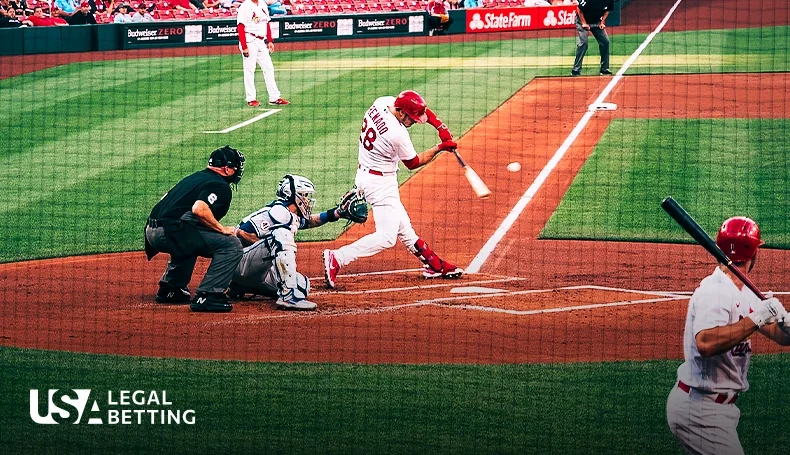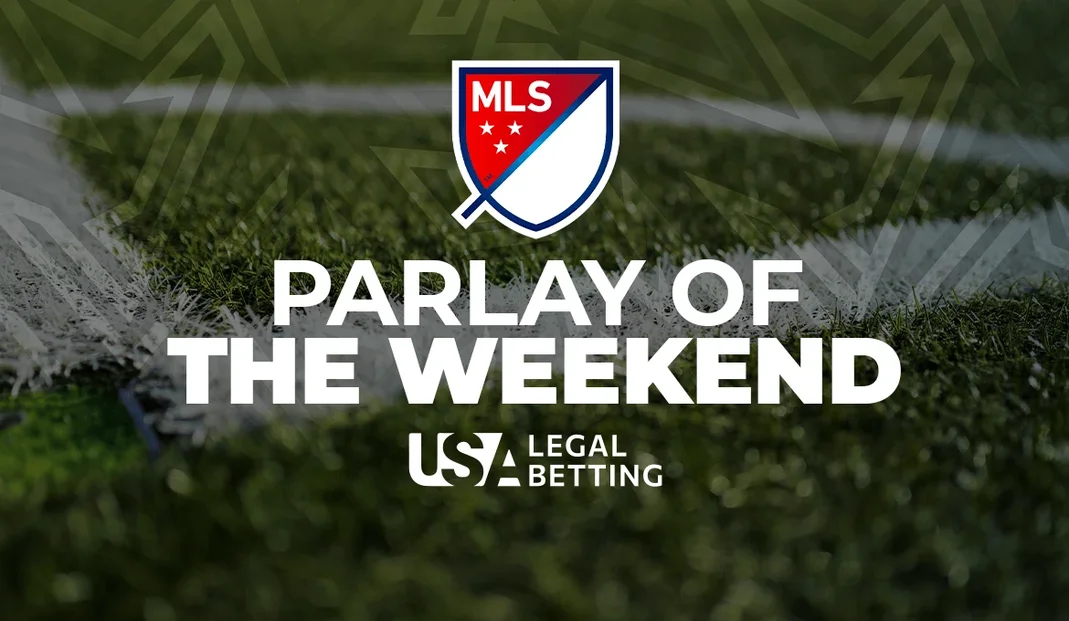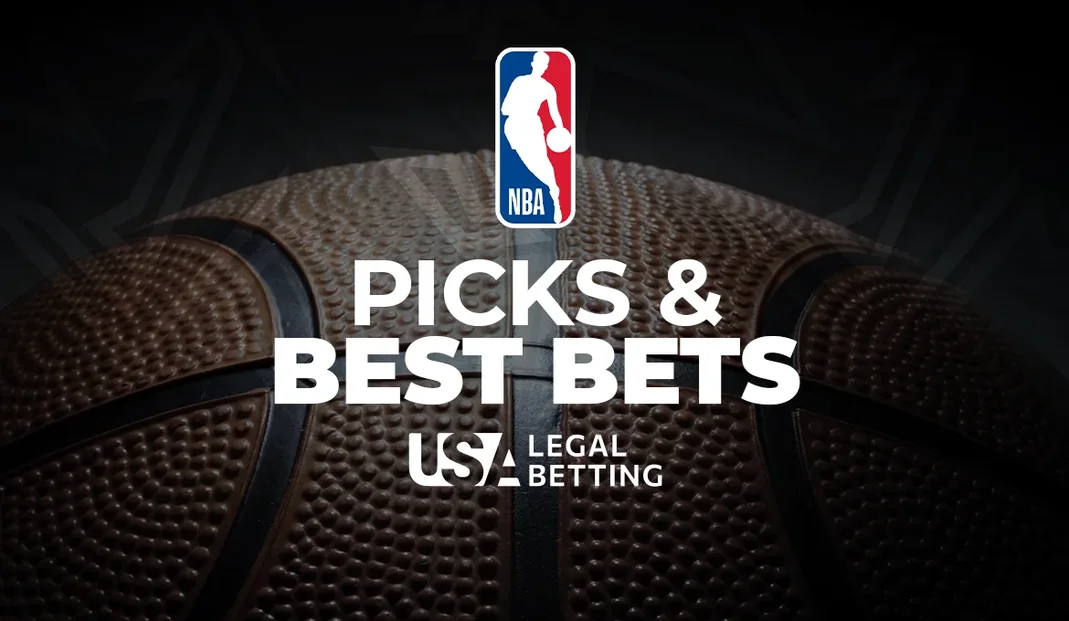There are many skeptics of Hochul’s new plan, specifically her intent to reroute tax funding from casino licenses to the MTA.
“[Redirecting tax funds] undoes all of Hochul's insistence during the campaign that the state would pay for extra [subway] policing costs," said Manhattan Institute research analyst Nicole Gelinas. "Now, the state is taking that money—about $200 million a year—and then some.”
Of course, part of getting extra funding from local casinos is contingent upon those casinos opening. The state has been flirting with the idea of adding downtown gambling centers to its list of attractions but is yet to formally accept any license applications.
There are also concerns that Hochul’s plan contradicts the very law state voters weighed in on when they legalized casinos in 2013, which said casinos had the “legislated purpose of… increasing aid to schools.”
However, Hochul claims that this process is unaffected by the decision to help out the MTA. She also said that she wants “efficiencies” to help save money, which drew criticism from a local union that represents a large chunk of the agency’s employees.
There is already a 51% tax on legal sports betting revenues in New York, which is expected to generate $646 million in funding in the upcoming fiscal year.
Lawmakers are yet to debate the topic of online casinos, which are illegal in New York but could provide more tax funding if approved. The state is already the country’s online sports betting leader, so it is not hard to imagine that it would also produce a thriving online casino community.
The deadline for the upcoming budget is April 1, which gives policymakers less than two months to find a solution.










